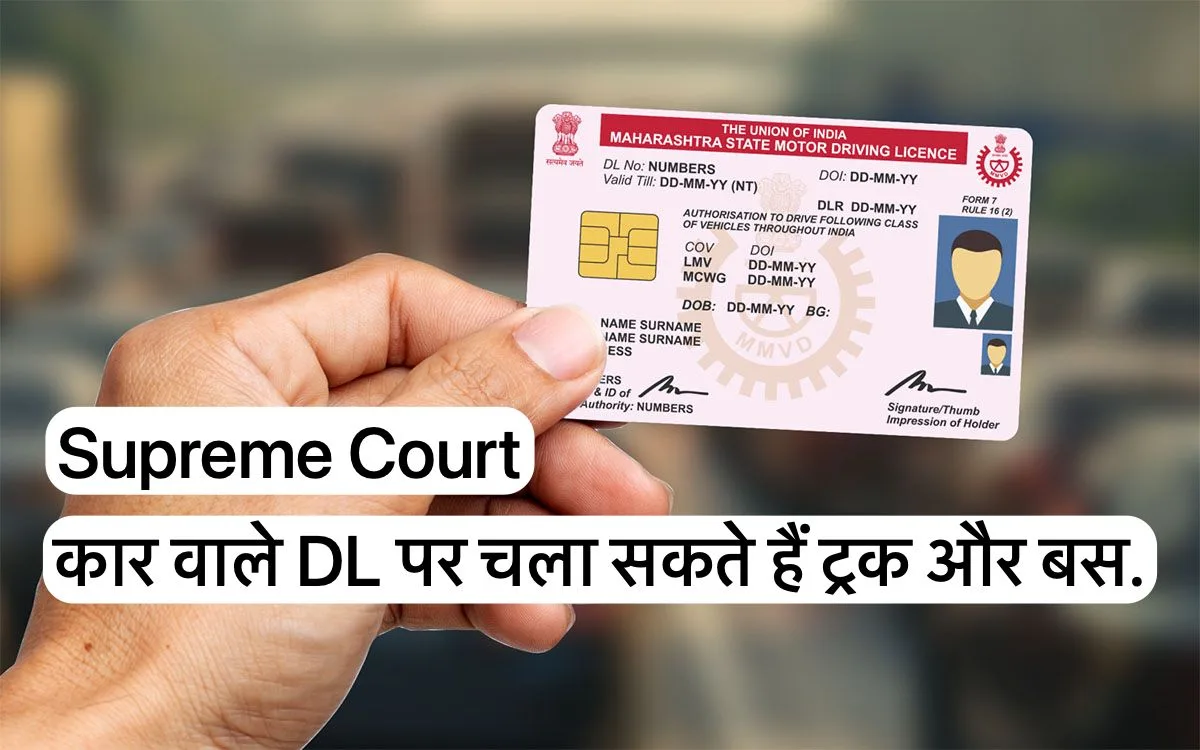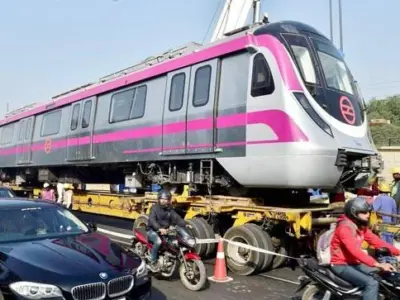In a recent decision, the Supreme Court of India clarified that individuals holding a Light Motor Vehicle (LMV) driving license can operate transport vehicles weighing less than 7500 kg without needing a separate endorsement. This ruling has significant implications for drivers and the transportation industry in India.
Background of the Case
The issue stemmed from a 2017 case, Mukund Devangan v. Oriental Insurance Company Ltd., where a three-judge bench had determined that a separate endorsement on an LMV license wasn’t necessary for driving transport vehicles under 7500 kg. However, in 2022, another bench expressed doubts about this decision, leading to the matter being referred to a five-judge Constitution bench.

Supreme Court’s Decision
The five-judge bench, headed by Chief Justice of India D.Y. Chandrachud, upheld the 2017 ruling. The court emphasized that no empirical data was presented to suggest that LMV license holders driving transport vehicles were a significant cause of road accidents. The decision was made after considering the provisions of the Motor Vehicles Act, 1988, and taking into account the potential impact on the livelihoods of transport vehicle drivers.
Implications of the Ruling
This judgment simplifies the licensing process for drivers who wish to operate transport vehicles under 7500 kg. It removes the requirement for obtaining a separate endorsement, making it easier for individuals to pursue livelihoods in the transport sector.
The court also acknowledged the need to balance livelihood concerns with road safety. It urged the government to consider potential policy changes to the Motor Vehicles Act, 1988, in light of this ruling.




